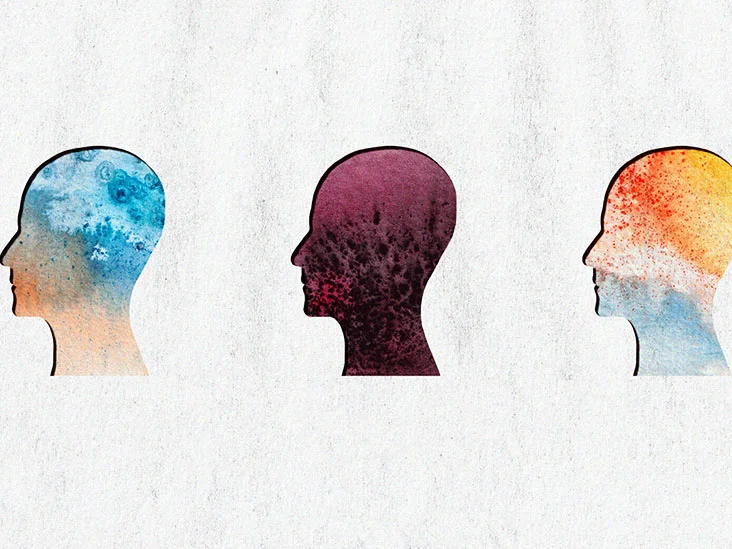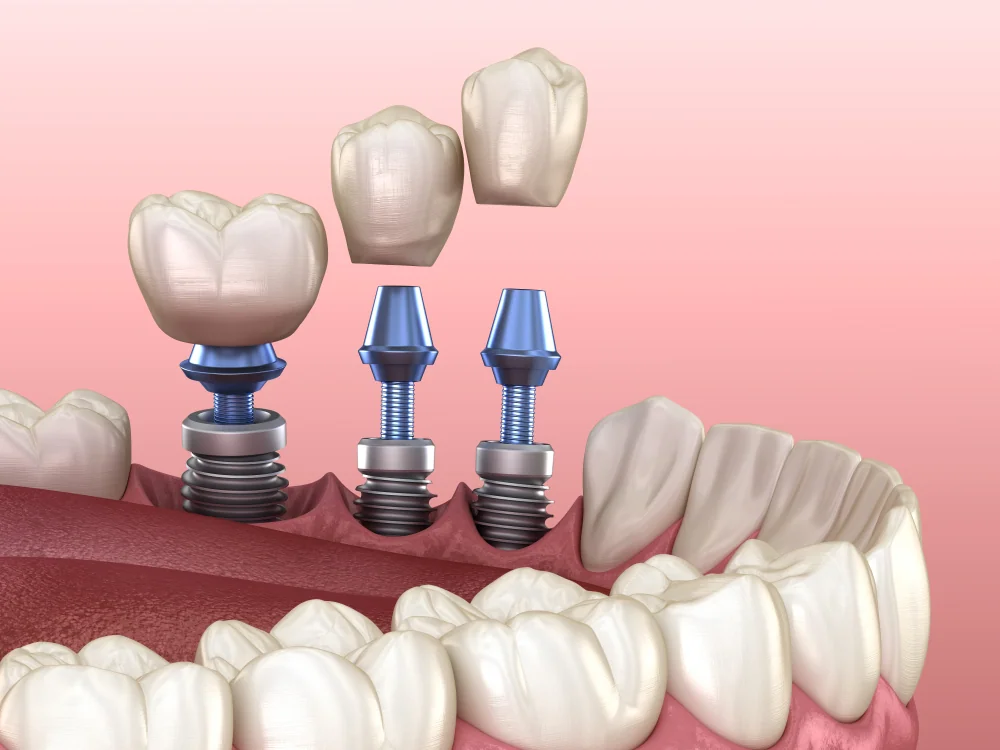Optimal Treatments and Therapies for PTSD
- Posted on Nov. 7, 2023
- Health
- Views 85
When someone goes through something really tough and traumatic, it can mess with their head and body in different ways, both while it’s happening and afterward. Sometimes, these feelings and reactions don’t just go away when the bad stuff stops; they can stick around and cause serious problems, like post traumatic stress disorder (PTSD). When it comes to helping someone deal with this, it’s really meaningful to make sure that the help and support they get fits what they personally need.
Read More

Understanding PTSD
There's this condition named PTSD, short for post-traumatic stress disorder. Some individuals end up with it after going through super hard situations, like fighting in wars, facing unwanted sexual encounters, dealing with family troubles, or living through massive natural events. But, and here's a key point, having bad experiences doesn't guarantee someone will have PTSD.
Symptoms of PTSD include flashbacks, troubling dreams, distressing thoughts, mood changes, and physical indications of stress like tension or being easily startled. Diagnosis requires that symptoms persist for over a month and significantly impact day-to-day functioning.
Treatment Options for PTSD
A lot of folks have the wrong idea thinking PTSD can't be tackled. In reality, there's a bunch of ways to help someone deal with it. Usually, treatments mix a few different methods and need a pro in the mental health field, especially one who knows their stuff about trauma and PTSD, to guide things.
Cognitive Behavioral Therapy (CBT)
So, CBT is this method where you talk things out to comprehend how your mind links thoughts, feelings, and what you do. The goal is to catch and change the bad thoughts that worsen how you feel. The American Psychological Association (APA) - that's a big-deal group - says CBT is a top choice for dealing with PTSD. It's kinda like teaching the mind a fresh way to handle stuff, helping folks feel better and push on. If PTSD is bugging you, this method is worth a shot.
Cognitive Processing Therapy (CPT)
CPT, a subset of CBT, centers on developing new ways to perceive trauma. Over approximately 12 sessions, a therapist helps the individual identify and challenge harmful beliefs stemming from the traumatic experience, thereby fostering a healthier understanding of the event and mitigating its negative impact on daily life. The APA also strongly recommends CPT for PTSD treatment.
Prolonged Exposure Therapy (PE)
PE is a form of talk therapy akin to CBT and CPT that aims to process traumatic experiences. Over several months, a therapist gradually exposes the individual to memories, feelings, and circumstances they may have been avoiding due to trauma. The goal is to confront these memories and experiences and subsequently reduce avoidance behaviors. The APA lists PE as a vigorously urged treatment for PTSD.
Eye Movement Desensitization and Reprocessing (EMDR)
EMDR is a therapy designed to alter how a traumatic memory is stored in the brain. It involves focusing on the traumatic memory while simultaneously experiencing bilateral stimulations, such as rapid eye movements, to lessen the intensity and emotional impact of the memory. The APA conditionally recommends EMDR for PTSD treatment.
Medications
Sometimes, pills can help with the rough parts of PTSD. The big U.S. food and drug folks, the FDA, have okayed a couple of drugs called SSRIs for this. You might've heard of them as Zoloft and Paxil. But other meds might be used too, even if they're not specifically labeled for PTSD. Always have a good chat with your doc to figure out the best med for you.
When to Seek Professional Help
If PTSD starts messing with your day-to-day and how you feel overall, it's really significant to get some expert advice. You'd want someone who knows a lot about trauma to guide you. They can set up a plan that fits just right for your situation. Taking this action can be a game-changer, helping you get back on track and beginning to mend.
Keep in mind, asking for help shows courage and it's a big move in taking back your life from PTSD's grip. If you're struggling, give a shout to a pro and see what's out there to help you bounce back.
Conclusion:
PTSD can indeed be an overwhelming and challenging condition to navigate, impacting every aspect of a person’s life. It’s a relief to know that there are compelling therapies and support systems available to help manage the symptoms. It's imperative for anyone experiencing PTSD, or if you know someone who is, to reach out to a healthcare professional. Initiating this conversation can be a crucial first step toward healing.


